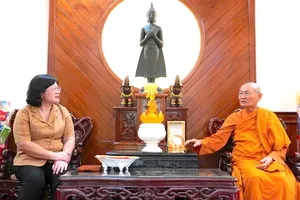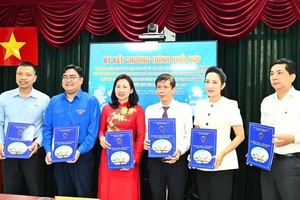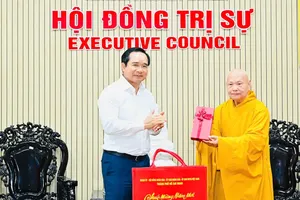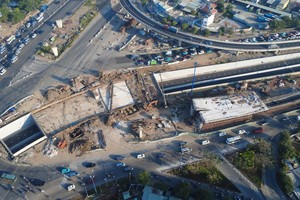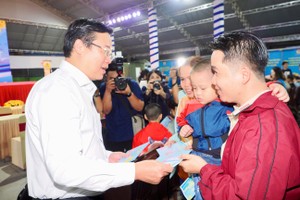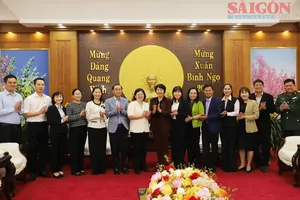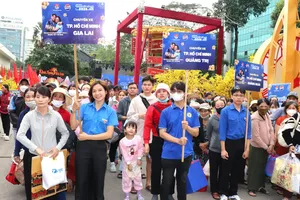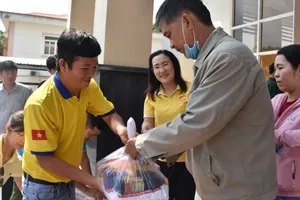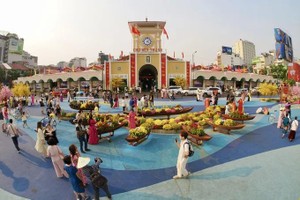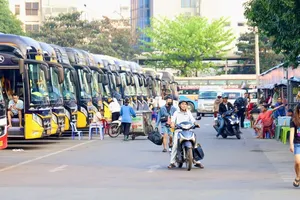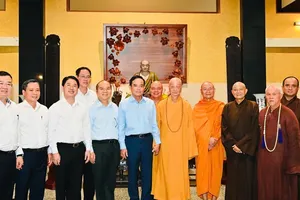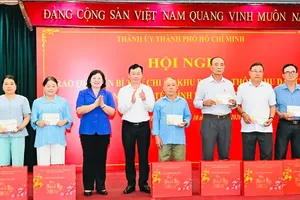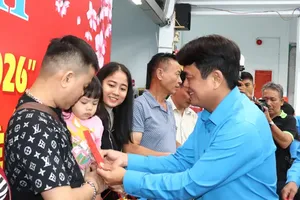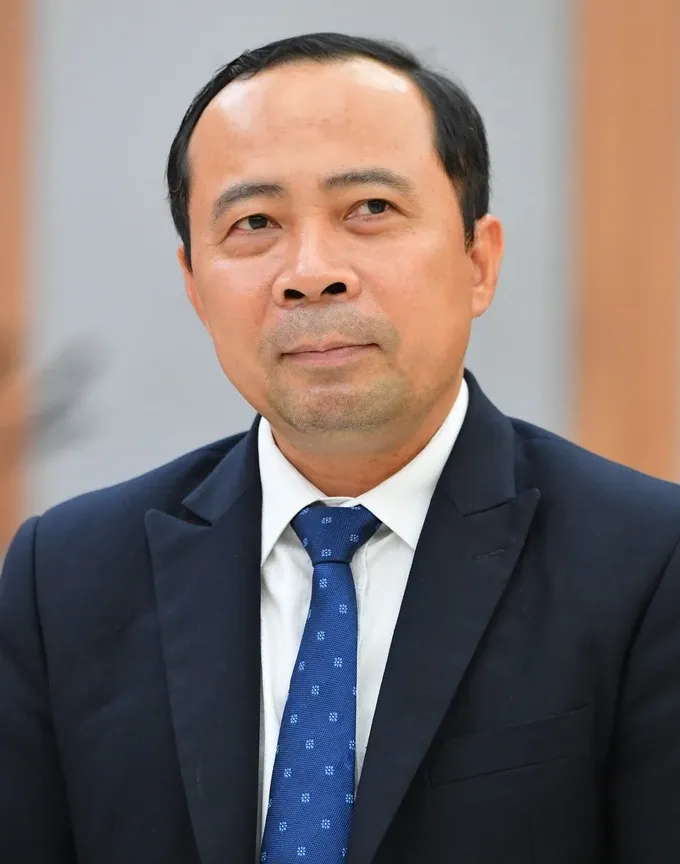
As Vietnam is facing a new historical moment – an era of national advancement, Assoc Prof Dr Vu Hai Quan, President of Vietnam National University-HCM presented the core principles to select and assign personnel during the streamlining process.
The Party and State have long pursued multifaceted strategies to attract and cultivate talent, consistently prioritizing the development of a cadre possessing robust political qualities, unimpeachable ethical standards, and demonstrable professional competence. The 13th Party Congress further underscored this commitment, identifying the accelerated development of human capital, particularly high-quality personnel, as a strategic imperative, with particular emphasis on leadership, management, and strategically vital sectors.
In the current context, intensified focus on this objective is paramount to attracting and effectively leveraging talent. The drastic streamlining of the apparatus is an opportunity to place talented and virtuous people in important positions.
In order to elevate the caliber of the current officials and Party members to meet the challenges and objectives of this new era, the process of streamlining – creating a leaner, stronger, more efficient and productive apparatus – must prioritize the selection and deployment of individuals possessing both the requisite political qualities and the competencies to meet evolving demands.
Concurrently, implementing commensurate remuneration policies is essential to ensure that deployed personnel are fully dedicated to national development. Alongside streamlining (to minimise functional overlap), institutional reform and refinement are also necessary to ensure transparency and appropriate decentralization, thereby enhancing operational effectiveness.
Resolution 57-NQ/TW (dated December 22, 2024) by the Politburo, concerning breakthroughs in science, technology, innovation, and national digital transformation, represents a pivotal development. Advancements in these domains are crucial determinants of national prosperity and strength in this new era of national advancement.
However, translating scientific and technological progress into a driving force for national development requires leadership with profound expertise in these areas, capable of effectively leading, directing, formulating policy, and ensuring its practical implementation.
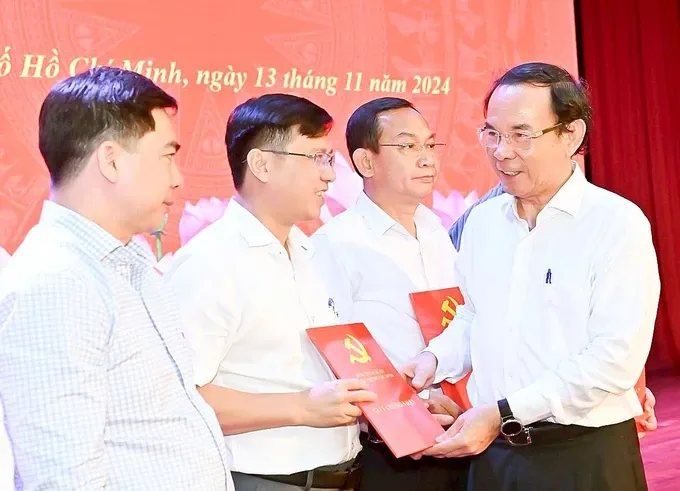
President Vu Hai Quan then listed the demands on each state official and Party member to fulfill their role in the current context, where Vietnam is confronting numerous emerging challenges ranging from climate change, global trade competition to rapid technological evolution. Leveraging talent, scientific and technological advancement, and innovation represents the sole pathway to surmounting these obstacles.
Therefore, continuous training and professional development are indispensable for the people above to enhance their professional expertise and ethical grounding. In particular, specialised training programs in management and leadership are essential to equip cadre with contemporary knowledge and facilitate its effective practical application. Concurrently, robust evaluation mechanisms are necessary to ensure the selection of capable and dedicated individuals and to identify and replace underperforming personnel.
The civil servants and cadres have to pursue life-long learning to upgrade themselves with new skills and expertise, ensuring they are fully prepared and actively contribute to this era of national advancement, avoiding obsolescence.
Regarding speeding up human resource development, particularly high-quality personnel, the President noted the current deficit of adequately trained labour and the overly theoretical nature of existing training programs. Consequently, enhancing human capital requires a dual focus on professional expertise and practical application, coupled with the cultivation of essential social and life skills, self-directed learning, and innovation to boost productivity and satisfy domestic and international labour market demands.
Preparing for this new era necessitates a societal shift, requiring all segments to adapt to evolving demands and to cultivate new competencies. This transformation hinges on continuous research and innovation to generate new knowledge, technologies, and distinctive cultural values, enabling collective contributions to addressing national, regional, and global missions.
“The current pursuit of administrative restructuring and the selection of talented, ethically sound individuals is underway. This streamlining process will free up resources, enabling the implementation of enhanced incentive schemes designed to attract high-quality personnel. Selecting individuals with optimal competence and integrity requires capable and impartial leadership. Identifying individuals with the requisite qualities and capabilities is not a rapid process but rather a transparent and rigorous screening and selection procedure.”
Assoc Prof Dr Vu Hai Quan – President of Vietnam National University-HCM

